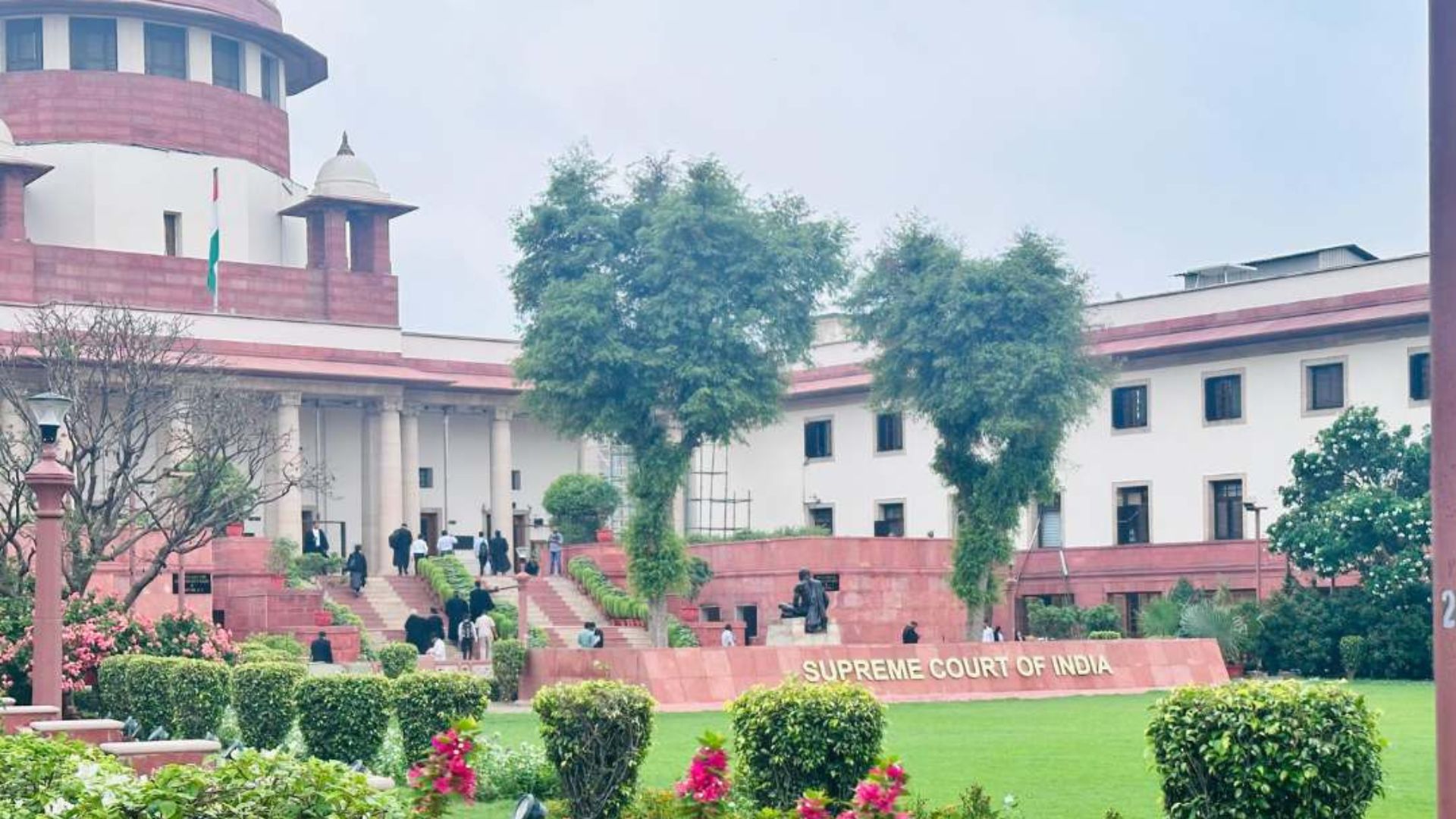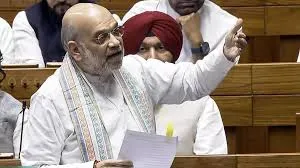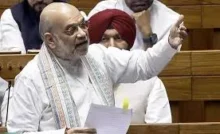In a significant judgment on Thursday, the Supreme Court ruled that clauses permitting unilateral appointment of arbitrators in public-private contracts are unconstitutional, as they violate Article 14 of the Indian Constitution, which guarantees the right to equality. The verdict, delivered by a five-judge bench including Chief Justice DY Chandrachud, and Justices Hrishikesh Roy, PS Narasimha, Pankaj Mithal, and Manoj Misra, concluded that equal treatment of parties is essential at every stage of arbitration, including the appointment of arbitrators.
Key Findings on Party Equality in Arbitration
In his judgment, CJI Chandrachud stated, “Unilateral appointment clauses in public-private contracts are violative of Article 14 of the Constitution.” He emphasized that while the Arbitration and Conciliation Act, 1996 allows Public Sector Undertakings (PSUs) to maintain a panel of potential arbitrators, requiring the opposing party to select solely from a PSU-curated list compromises the fairness and equality of the arbitration process.
The court highlighted that such unilateral clauses can cast doubt on the independence and impartiality of the arbitrators. “A clause that allows one party to unilaterally appoint a sole arbitrator gives rise to justifiable doubts as to the independence and impartiality of the arbitrator,” stated the bench. CJI Chandrachud further remarked that, in cases involving three-member tribunals, mandating one party to choose from a panel limits genuine equal participation and creates a system biased in favor of entities like the Railways.
Prospective Application and Public Policy Concerns
The court clarified that the judgment will apply prospectively, meaning it will affect only those arbitrator appointments made after the date of this decision. Justice Roy, concurring with CJI Chandrachud’s view, noted that the principle of equality under Section 18 of the Arbitration and Conciliation Act applies at all stages, including the appointment of arbitrators. However, he pointed out that unilateral appointments are permissible under the Act if the appointed arbitrator meets eligibility criteria under the Act’s Seventh Schedule.
Justice Narasimha, in a separate opinion, asserted that arbitration agreements must comply with public policy principles, ensuring the formation of an independent and impartial tribunal. He emphasized that while parties may maintain their own panel of arbitrators, clauses that allow one party to unilaterally form the tribunal can violate public policy and fail to inspire confidence in the tribunal’s independence.
The Supreme Court’s ruling underscores the interplay between party autonomy in arbitration and the need for an impartial tribunal. The bench highlighted that the Arbitration Act respects party autonomy but also mandates principles like party equality, tribunal independence, and procedural fairness.
Justice Narasimha reiterated that the court must ensure arbitration agreements uphold public policy by establishing impartial tribunals. He remarked that, if necessary, the court will scrutinize and invalidate arbitration clauses that fail to provide a truly independent and fair dispute resolution process.
The case involved appeals addressing the independence and impartiality of arbitrators under the Arbitration and Conciliation Act. While the Act permits parties to mutually decide on the arbitration process, it imposes certain mandatory principles, ensuring equality and impartiality.
This ruling holds potential implications for public-private contracts, particularly those involving PSUs. Legal experts view the judgment as a reinforcement of party equality and impartiality in arbitration proceedings, which could prompt revisions in standard contract templates used by PSUs and other government entities.









